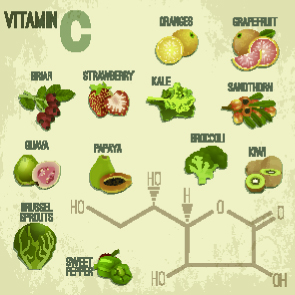
Author: Gerald Spangrude

Adult stem cells are a cellular blank slate. These unspecialized cells grow for long periods and can morph into specialized cells to maintain and repair tissues in the body. Most adult stem cells produce specialized cells that mimic the tissue in which they are found. For example, blood stem cells recovered from bone marrow can give rise to all red and white blood cells and platelets.
Research conducted at the University of Utah Health played an integral role in a recent Nature publication. U of U Health researchers used engineered mutant mice that were unable to produce a form of Vitamin C (ascorbic acid), similar to people. Without the proper level of Vitamin C, blood stem cells proliferated and failed to specialize appropriately. The Vitamin C-deficient mice showed an increased rate of various blood cancers.
